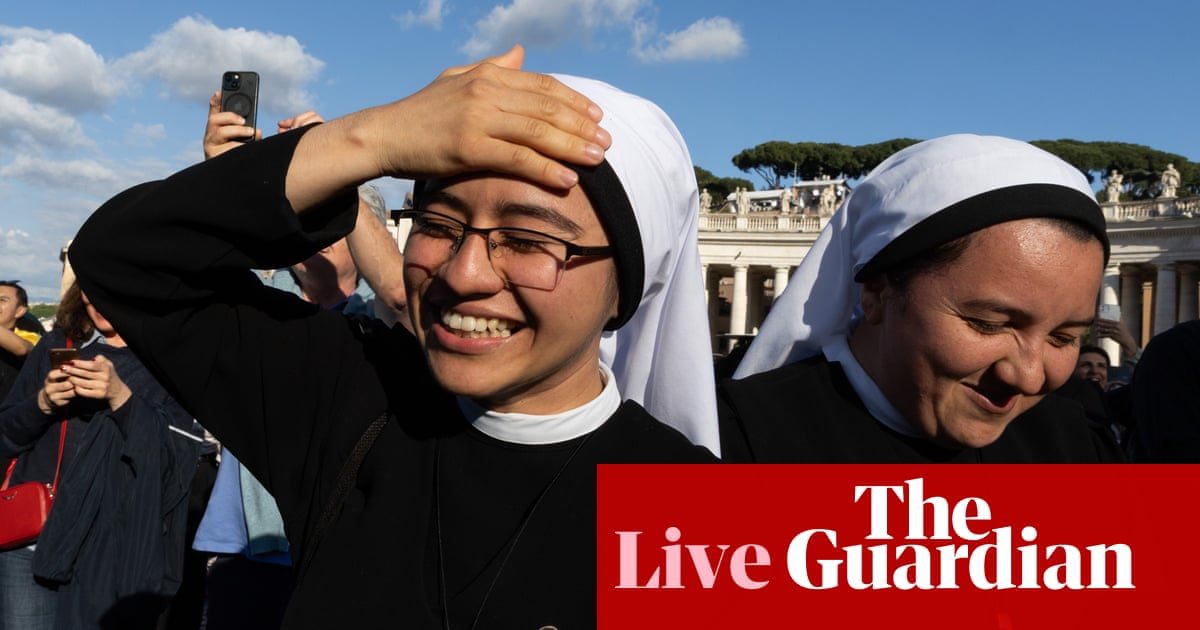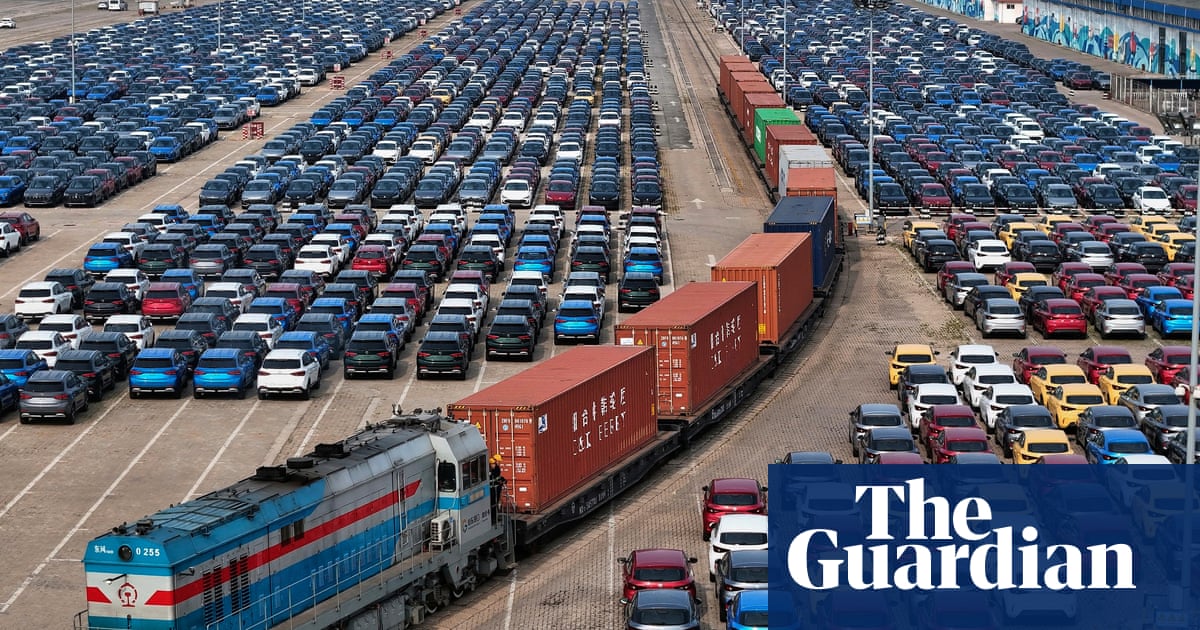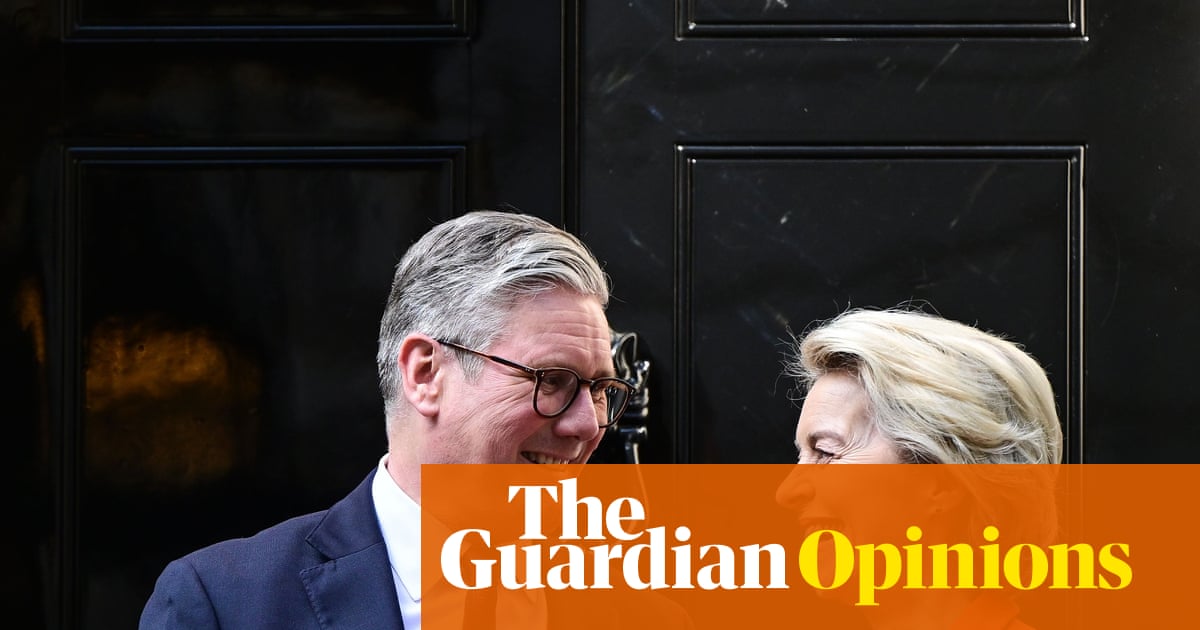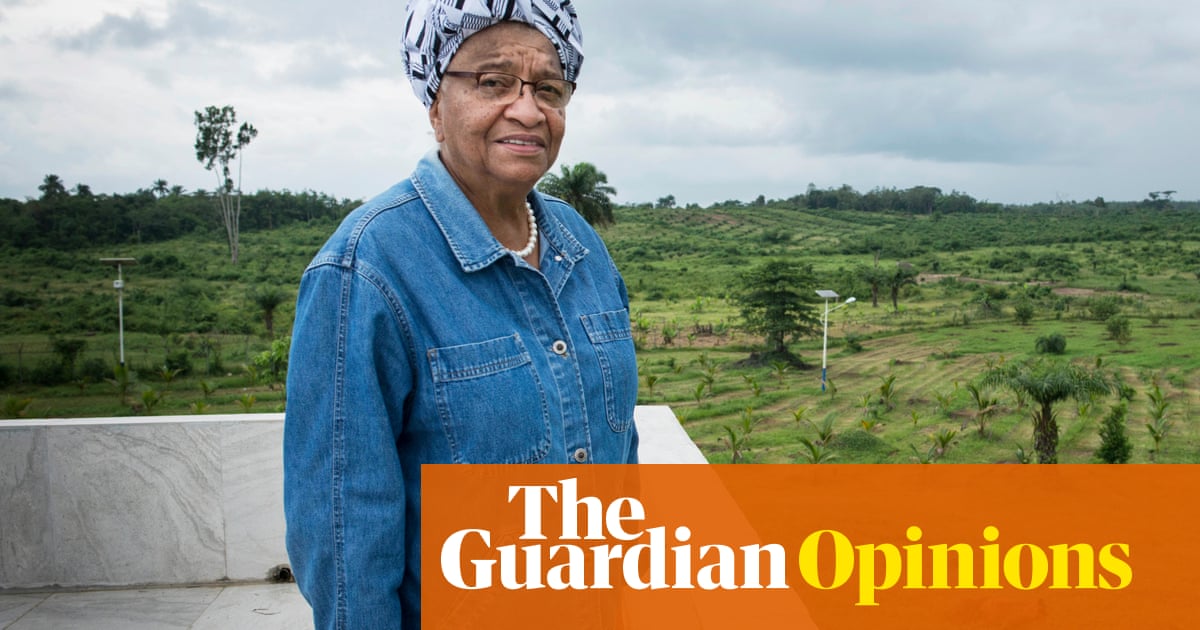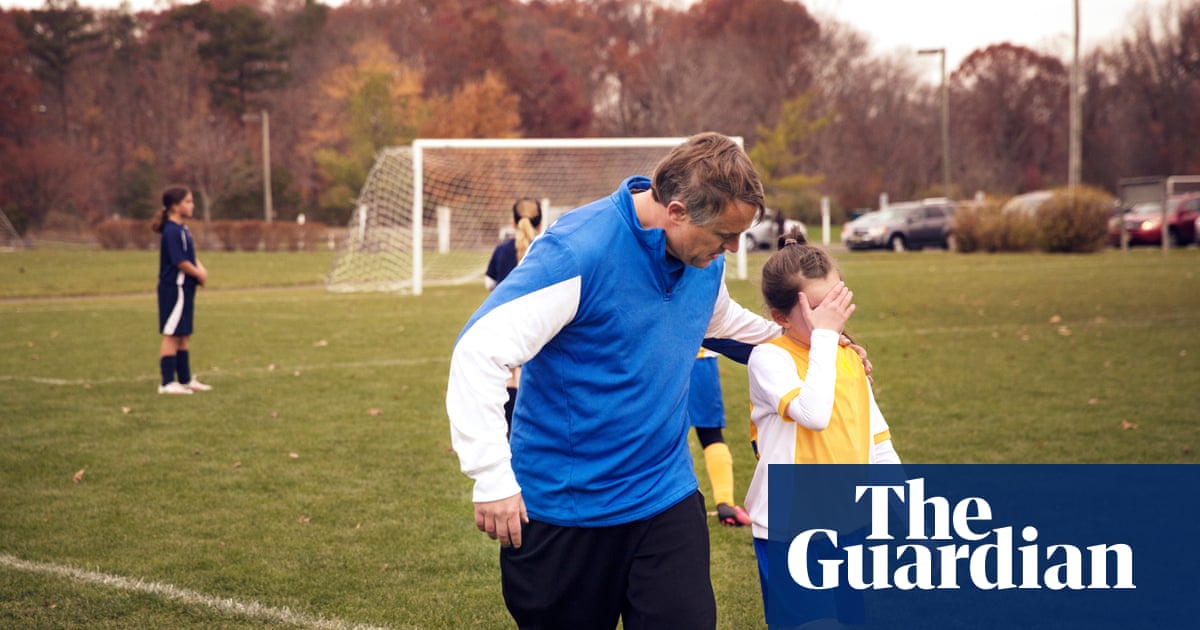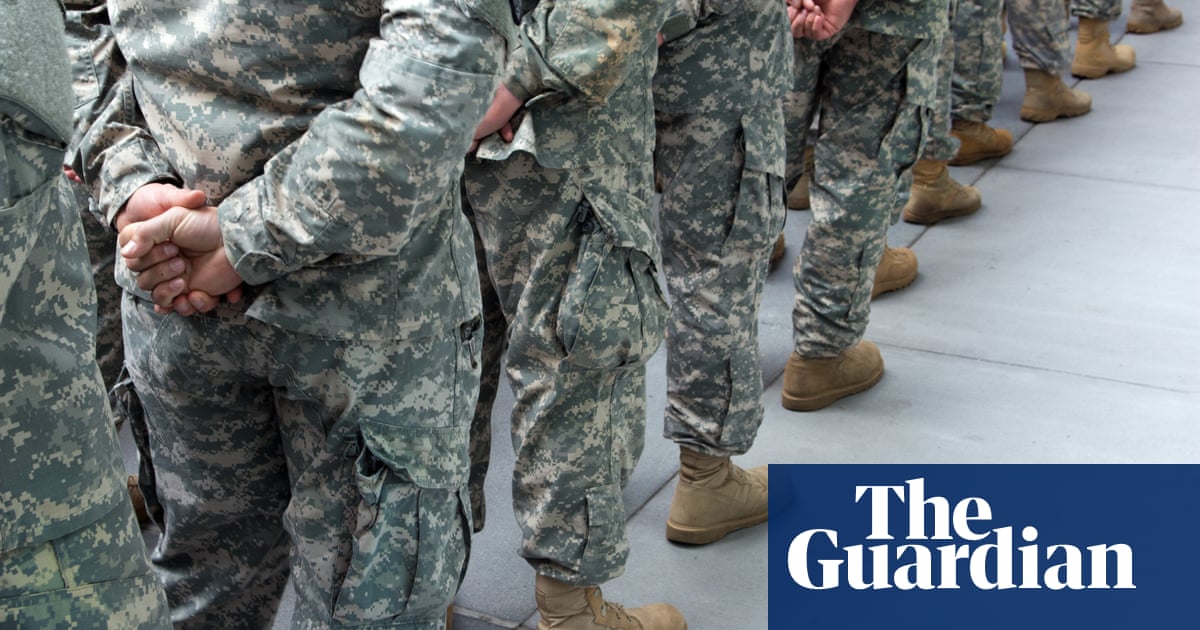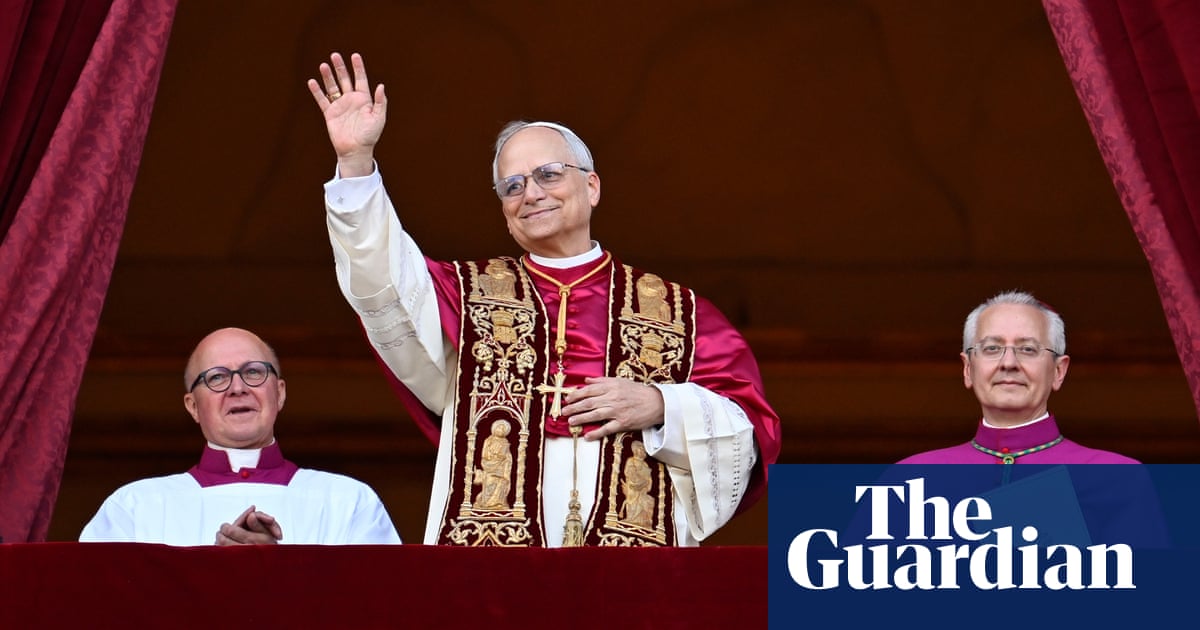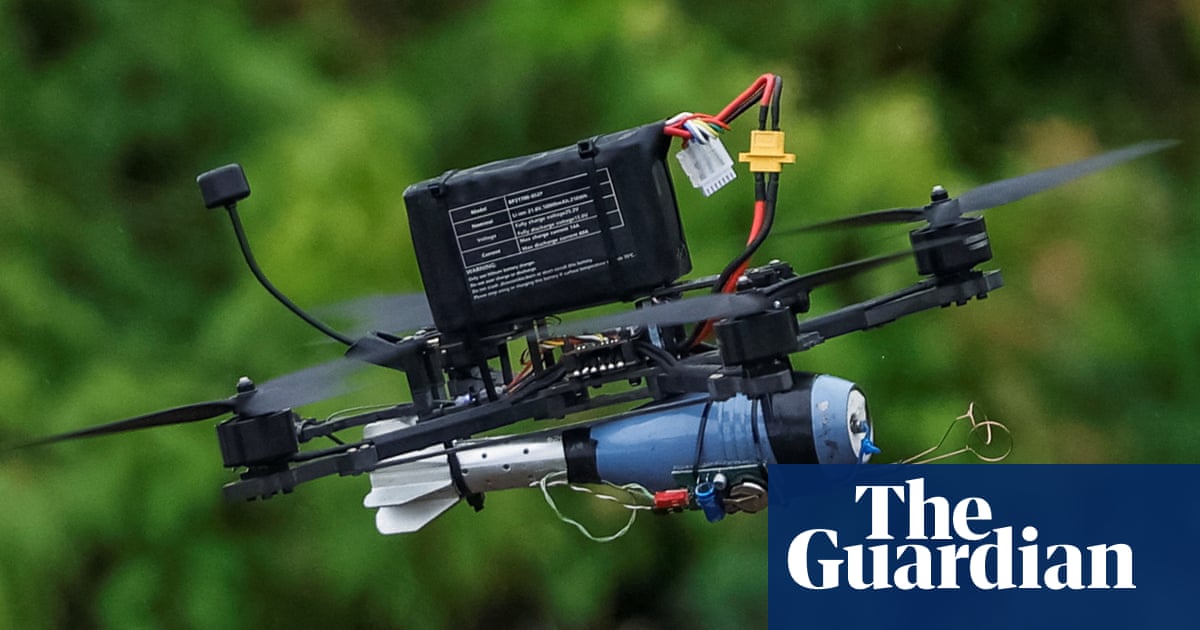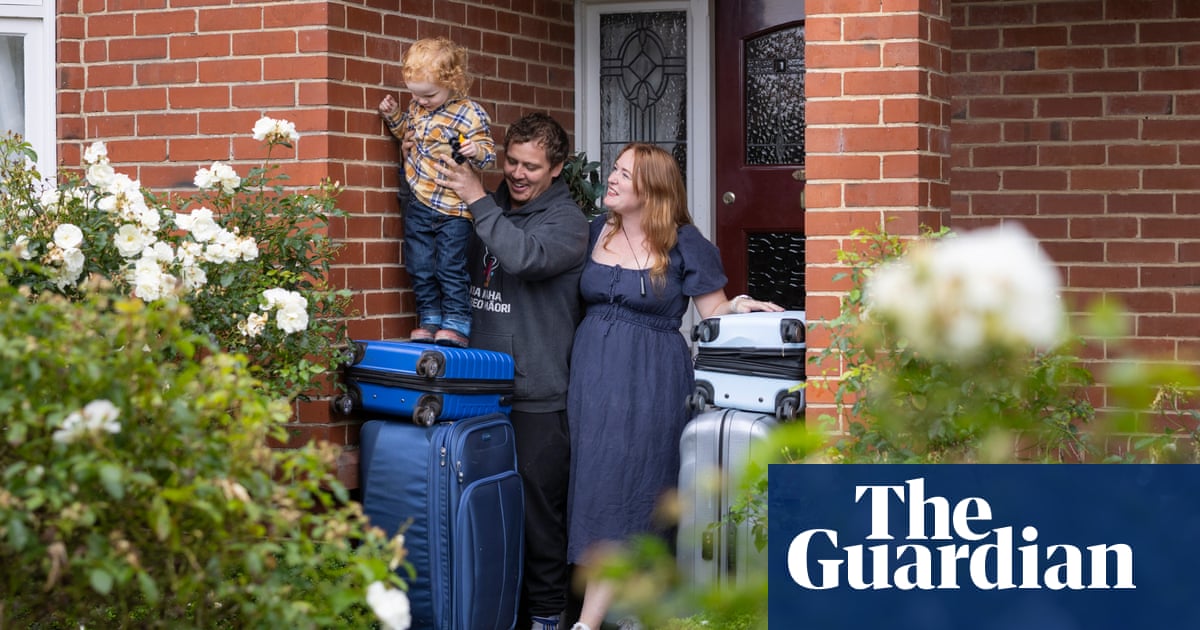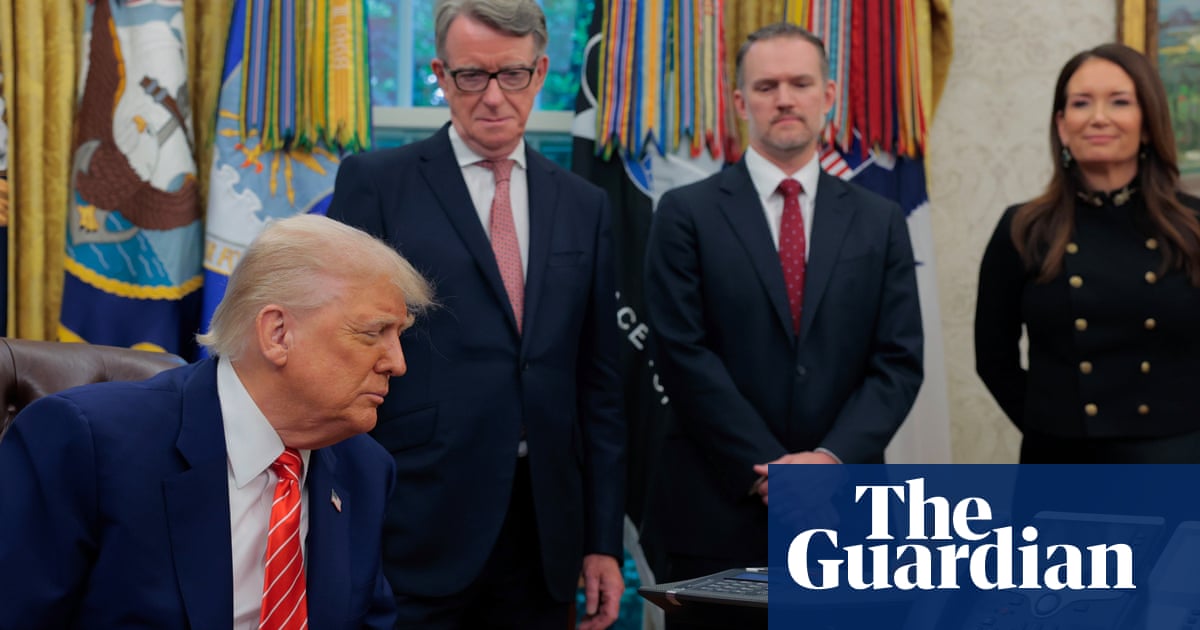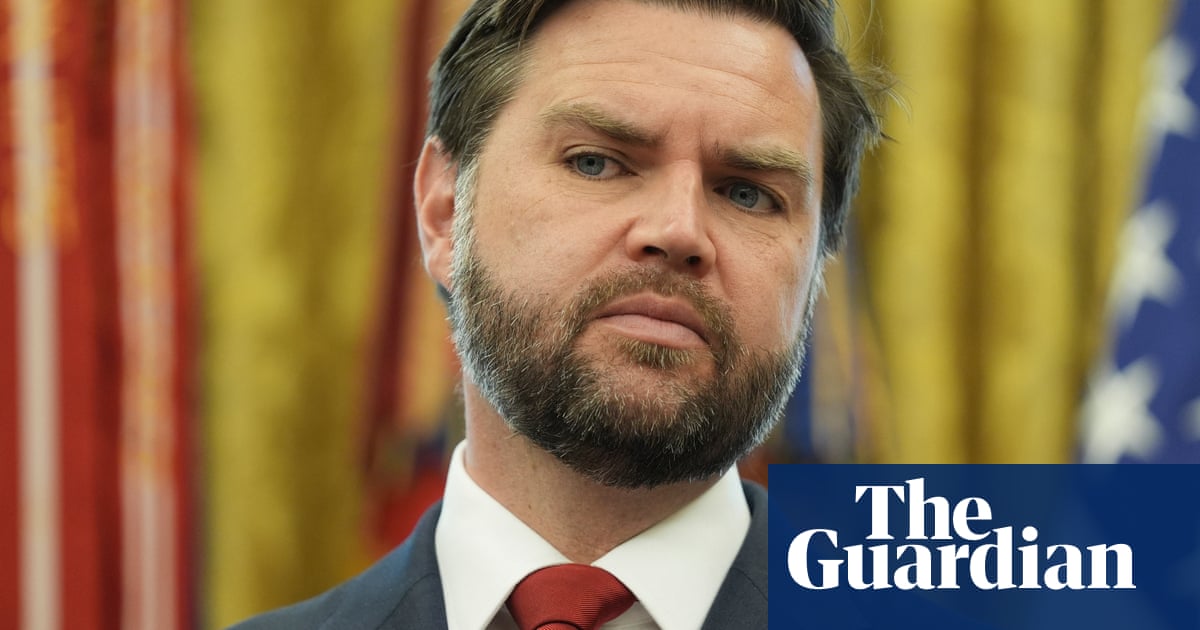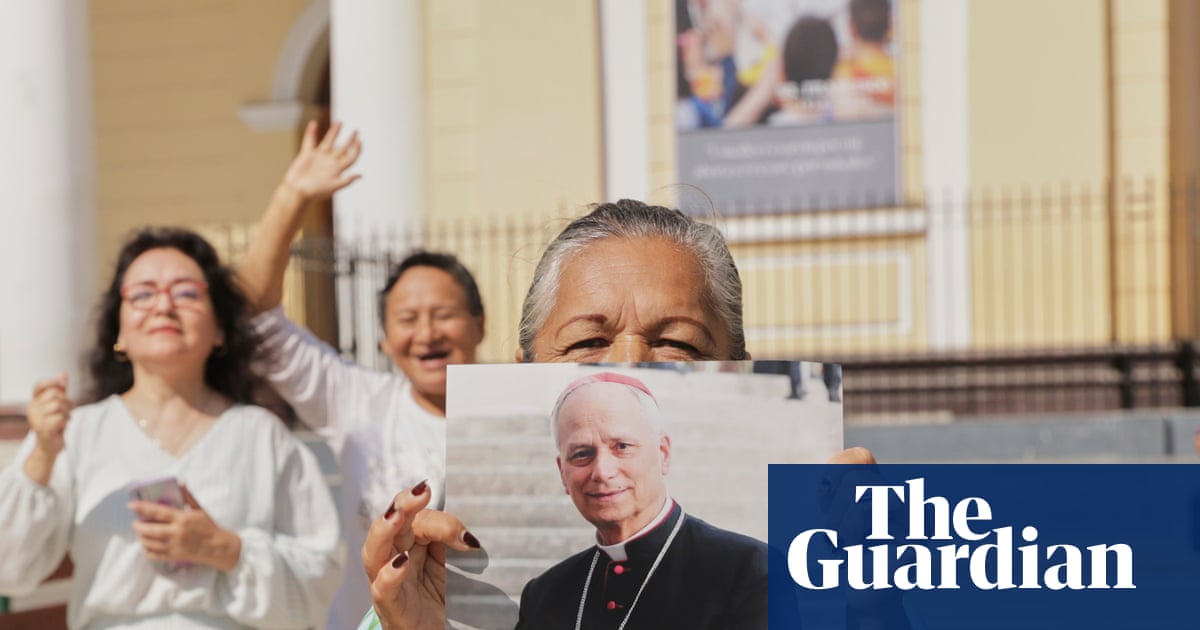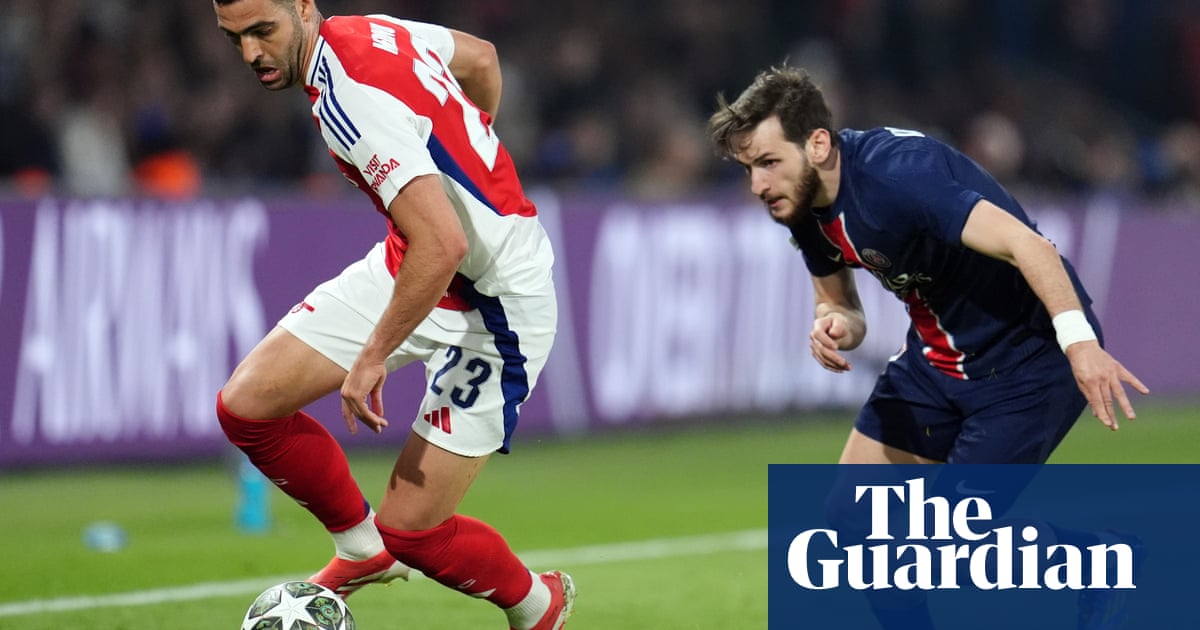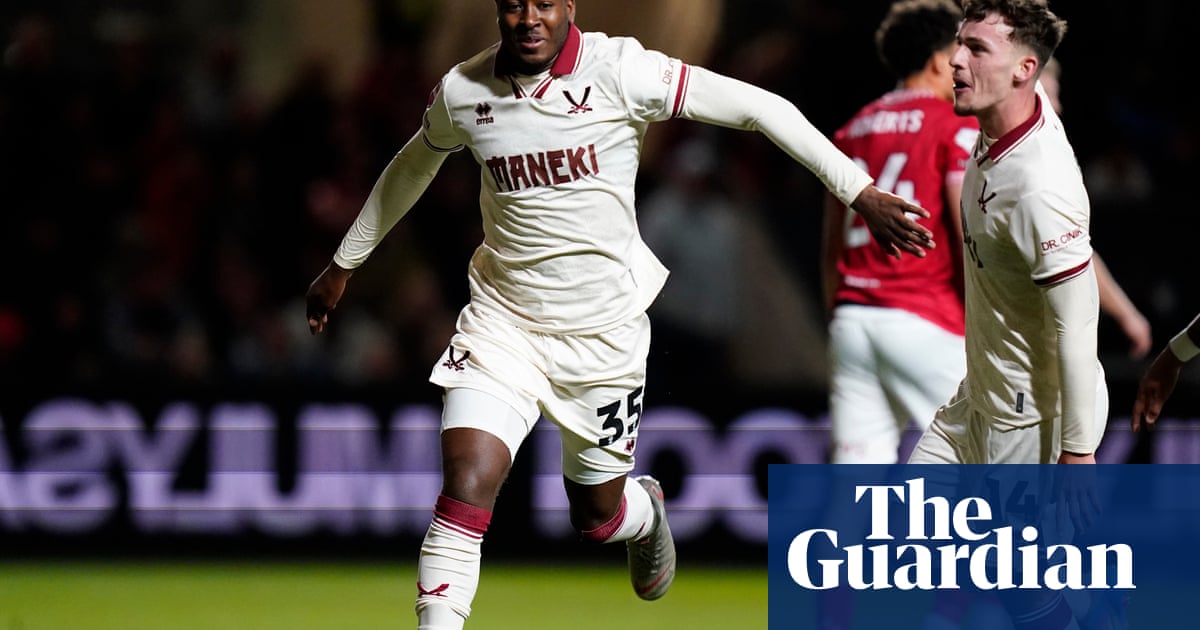TV viewers in North Korea have to endure more than their fair share of war films – in which there can be only one victor – news reports delivered with revolutionary gusto and breathless Kim dynasty propaganda.
But even for a country as wary of outside influences as North Korea, it appears unable to resist the lure of Premier League football – the most-watched sport on the nation’s TV screens. Just don’t expect to see any live action, let alone Gary Lineker presenting in his underpants.
Six months after the current Premier league season began, the state broadcaster, Korean Central Television (KCTV) has started broadcasting matches in January, albeit with the heavy-handed intervention of the Pyongyang regime’s censors, according to the US-based website 38 North in a report on how the reclusive country’s 26 million citizens get their fix of the beautiful game.
Using archives of North Korean TV broadcasts received via satellite, and a database of TV programme schedules compiled by South Korea’s unification ministry, the analysis covers the 2022 World Cup in Qatar and Women’s Asian Cup in 2023, as well as the Premier League and the Champions League.
The coverage is almost certainly a breach of copyright. North Korea does not have the rights to broadcast Premier League fixtures – an arrangement that could be a breach of international sanctions targeting the country’s nuclear and ballistic missile programmes. “How KCTV gets the footage is a mystery,” the report said.
In 2022, North Korean TV broadcast matches from English, German, French, Spanish and Italian leagues, but since 2023 has opted exclusively for the Premier League, the Champions League and World Cup, according to the report.
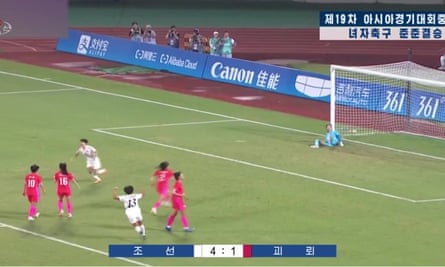
The coverage is far from comprehensive. Typically, a 90-minute match is edited down to an hour, and screen graphics in English are overlaid with ones in Korean. Other logos present on the video are blurred, probably to conceal the name of the original overseas broadcaster. At one stage, censors even masked pitch-side advertising, but has since relented.
Coverage of the 2024-25 Premier League season began on 13 January with a match between Ipswich and Liverpool – 150 days after the game was held. The next broadcast, two days later, was also of a match that had been played the previous August.
The broadcasts are pundit-free zones, according to one of the report’s authors, Martyn Williams, a senior fellow at the Stimson Center, a thinktank that publishes 38 North. “There is no studio,” he said. “It’s straight into the game, which carries Korean commentary from KCTV over the crowd noise.
“Most homes appear to have TV these days and KCTV is the most widely received national network, so most homes are able to watch.”
KCTV shows only a fraction of the 380 Premier League matches played in a season, and those that are televised are typically repeated at least three times, the report said. Just 21 matches from the 2023-24 season were shown.

And as in previous years, an incomplete schedule means it is unlikely that North Korean viewers will ever discover the destination of this year’s Premier League title. While KCTV broadcasted the final stage of last year’s Champions League, the matches were not shown in chronological order.
There were fewer frustrations for fans during coverage of the 2022 World Cup. The state broadcaster showed, with a delay of just a few hours, all of the tournament’s fixtures, with four exceptions: all three of South Korea’s group matches and, possibly for technical reasons, USA v Wales. KCTV lifted its ban on the South’s footballers only to show them being knocked out of the tournament by Brazil. In 2023, North Korean graphics labelled South Korea’s female players “puppets” during a match at the Asian Games in Hangzhou, China.
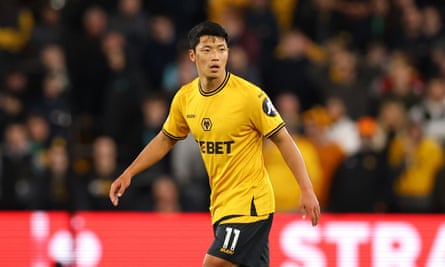
Animosity towards the South extends to Premier League coverage, to the possible frustration of North Koreans with a soft spot for Wolverhampton Wanderers, Tottenham Hotspur and Brentford. The presence of South Korean players – Hwang Hee-chan, Son Heung-min and Kim Ji-soo, respectively – at those clubs mean they are not considered fit for consumption in the North, whose leader, Kim Jong-un, has labelled the South his country’s “number one hostile state”.
Kim’s frequent demonisation of the west has not prevented England’s top domestic league from becoming a regular presence on TV in North Korea, a football-obsessed country with a proven pedigree in international competitions.
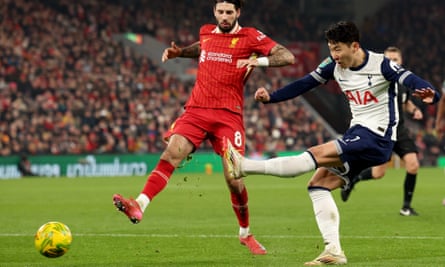
The North Korea men’s team famously reached the quarter-finals of the 1966 World Cup, via a shock victory over Italy; last year the country’s female players won their third U-20 Women’s World Cup.
“With propaganda making its way into almost every aspect of North Korean television, international sports coverage is one of the few moments each day when state TV is not trying to send an overt or underlying message to its viewers,” the 38 North report said. “That may be sufficient to make it enjoyable.”

 2 months ago
83
2 months ago
83
